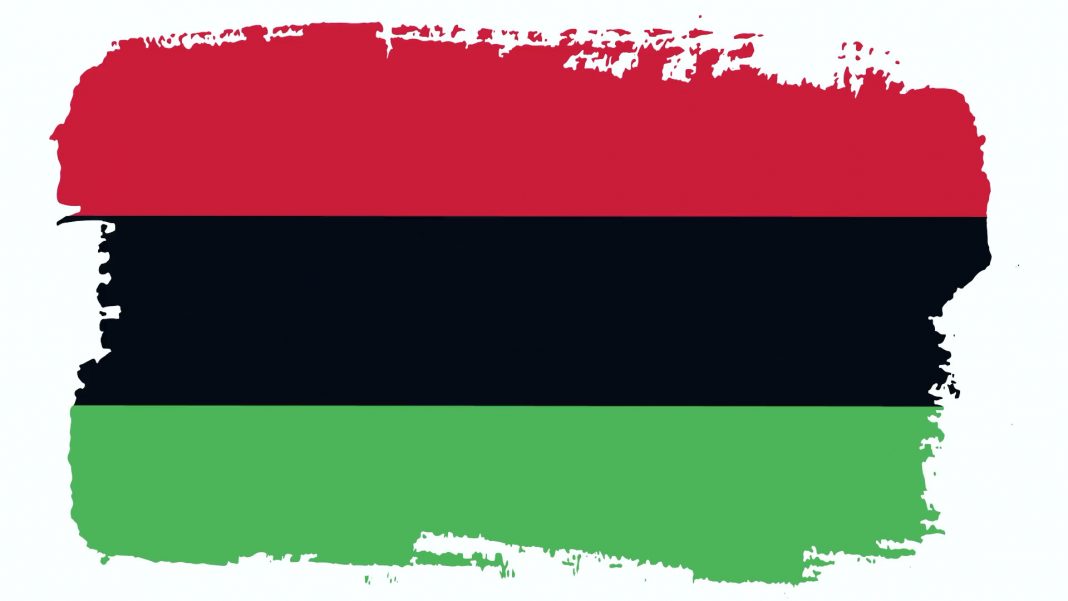(“Hip Hops” is taking the week off. R.I.P., Willie Mays.)
In 2021, Juneteenth became a national holiday. Your digital editor, always the history buff, has set aside time today for further self-education about Juneteenth’s background. A fine place to begin is the National Museum of African American History and Culture.
Juneteenth marks our country’s second independence day. Although it has long celebrated in the African American community, this monumental event remains largely unknown to most Americans.
It’s not an easy lesson, which is all the more reason to hit the books. There’s always more to learn.
Juneteenth: The complicated history, significance and celebration around the struggle for freedom, by Matthew Cimitile (USF St. Petersburg)
Juneteenth isn’t a straightforward story of emancipation, nor did it necessarily improve conditions for many African Americans the next day or even the next decade, according to Erin Stewart Mauldin, the John Hope Franklin Professor of Southern History at USF St. Petersburg and an expert on the Civil War and Reconstruction.
“Juneteenth is neither the beginning nor the end of something,” Mauldin said. “The end of the Civil War and the ending of slavery didn’t happen overnight and was a lot more like a jagged edge than a clean cut.”
And yes, I can hear the grumbling, but rest assured that food’s a part of this story, too.
Nicole A. Taylor’s new cookbook, with recipes for Juneteenth and Black celebrations
—
 The Summer 2024 issue of Food & Dining Magazine is now available in all the familiar places: Louisville area eateries and food shops, newsstands and online.
The Summer 2024 issue of Food & Dining Magazine is now available in all the familiar places: Louisville area eateries and food shops, newsstands and online.
Subscribe to our award-winning print publication and have it delivered to your door each issue.

























